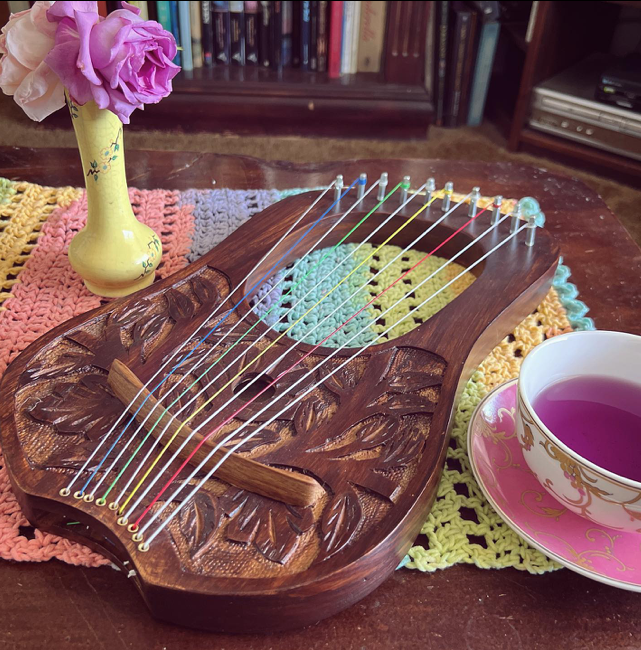
Originally published in June 2010.
A while back, we attended an open rehearsal of my daughter’s middle school string orchestra. They were preparing for a festival at the time, and a guest conductor —he led California’s high school honor orchestra last year —came in to workshop with them, offering advice on how they could improve their overall performance.
As he worked with the kids, leading to a notable difference just in the space of an hour, I thought that much of what he said were suggestions I could apply to my creative growth as a writer. Here are a few of the lessons he offered, and how I have interpreted them for my own use.
Play. Have fun. Feel the music. It’s better to have the right feeling than the right notes.
Inexperienced musicians, like inexperienced writers, often worry too much about making sure they are doing everything correctly. When they make a mistake, they pause, try to go back and fix it. This is a disaster in the middle of a performance, and can untold difficulties for a writer as well. How often do you get hung up on a single word or sentence? Or maybe you spend so much time trying to make that first chapter just perfect that you never move on with the rest of the story?
I know I’m guilty of both these faults, and when I get caught up in technical perfection (grammar, vocabulary, sentence structure) I lose the feeling behind the story I am trying to tell. And just as the most technically perfect violinist will sound dull if they convey no emotion in their performance, if a writer cannot feel the emotion at the heart of their story, neither will the audience.
Listen to others, understand your part in the symphony.
It always is a little strange listening to my daughter practice the violin at home. The music seems odd, disjointed and incomplete. Only when we attend a performance of the whole orchestra does her small part begin to make sense as part of an entire composition. Every note she plays affects and is affected by the notes the other musicians are playing.
As a writer, I want to remember that this character, this scene, this chapter, are all part of a larger composition too. What I write on this page will affect how the reader understands what happens elsewhere in the story. It’s those blended notes that help shape the themes and sensibility of a novel, and elevate it beyond a series of plot events.
Curve your wrist, and don’t hold to tight to your instrument or you’ll be out of pitch.
What does being out of pitch mean for a writer? I have read any number of books that were technically well-written, including interesting plot, characters and settings, but left me feeling underwhelmed. I’d liken this to a book being out of pitch (and some readers will be more sensitive to it than others, just like I couldn’t tell you if a violin was in proper pitch or not).
One possible reason for this failure, I think, is that the writer is holding too tightly to their instrument, or in other words, they are following all the rules of writing so closely that they have not left any room for magic and surprises, those unexpected discoveries that occur when you leave space for creative exploration. So loosen up. Let the music flow.
Extend. Use the whole bow for the long notes.
Contemporary writing, for the most part, doesn’t demand much from the English language. Our media-trained audiences want things quick and easy, and so long as plot and character are delivered, they won’t complain about the lack of artistry in the presentation.
But I don’t want to be the writer who gives in to the standard of “good enough.” A whole note played with half the length of the bow will be good enough for most audiences — it’s the same note, filling the same amount of time — but there is a distinct difference in quality, an elegance that transforms the performer into an artist. Like that violinist, I want to use the full length of this marvelous instrument of mine, language, even if it’s not quick and easy. I want to extend myself to the utmost, and bring true artistry to what I write.
Pictured: Not a violin, but a contemporary lyre harp. When I wrote this post, I had almost no musical experience, but I have been learning to play for the past year. You can check the link in the projects section of this website for a link to some of my novice recordings.
